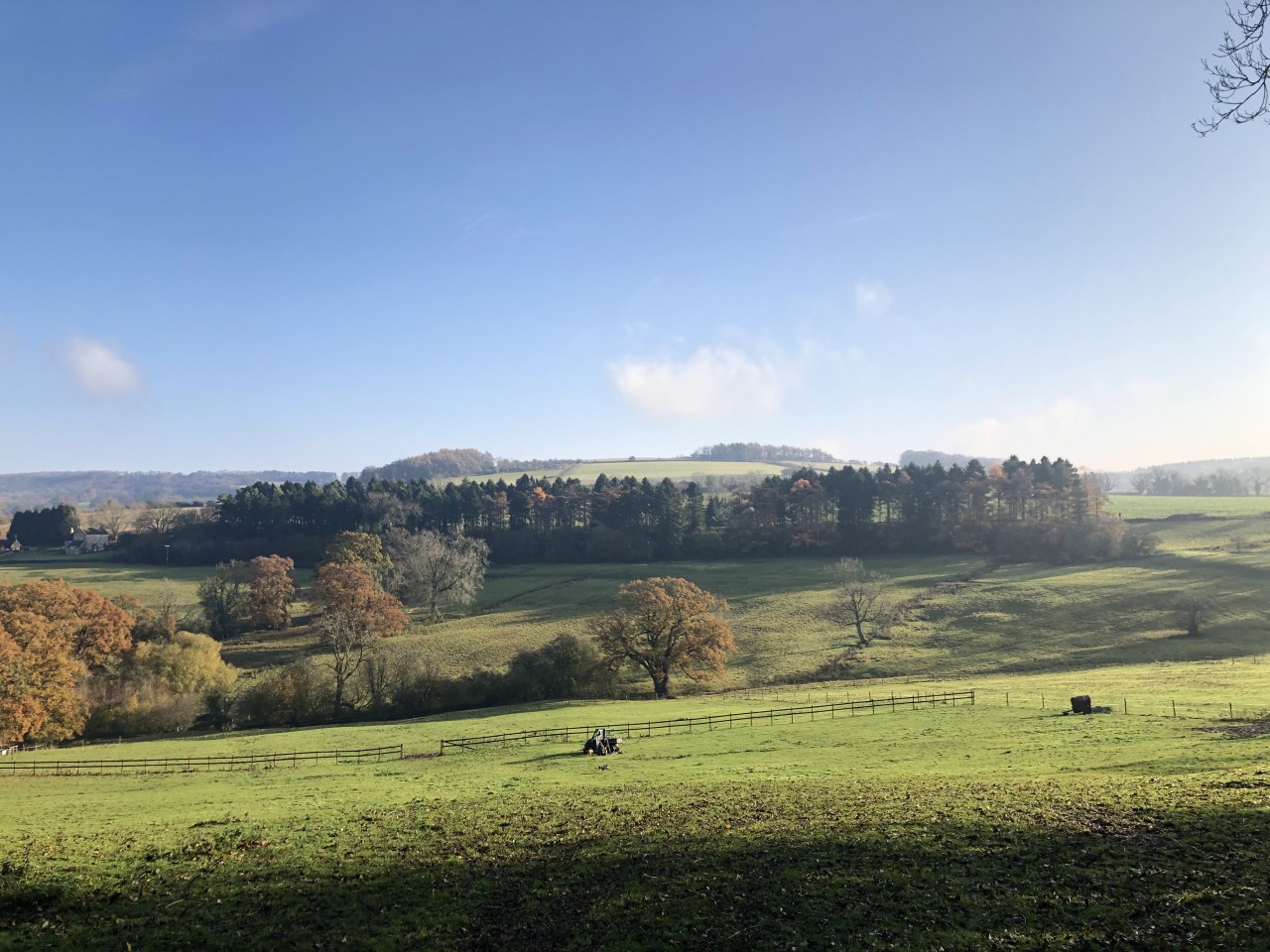Countryside Stewardship now open for 2021 agreements
Making the environment pay on your farm
First things first – the window for Countryside Stewardship applications is now open!
As of 11th February, farmers, woodland owners, foresters and land managers now have the ability to request 2020 application packs. Information and forms are available on the gov.uk website and you can also ask for your application pack by email, choosing whether to receive it electronically or by post.
The future of schemes
Unless you've been in hiding, you will be aware that we have now left the European Union. For many in the industry, the move has left a cloud of uncertainty over the future of our agri-environmental schemes and, importantly, our funding.
Across a series of workshops and farmer meetings up and down the country, we have been working with growers to help identify the current and future opportunities available. Alongside discussions on the Agriculture Bill, the Environmental Land Management (ELM) scheme and the latest information from the Department of Environment, Food and Rural Affairs (DEFRA) on greening exemptions, we've also been discussing the benefits of Countryside Stewardship.
Secure an income while preparing for future changes
Countryside Stewardship is guaranteed for this year; if you apply now you can have an agreement in place for January 2021 and receive payments for the following five years.
When discussing this at our meetings, a common query that we received from growers was whether or not Countryside Stewardship was appropriate for their business in the long term, with many commenting that "the current season we're having is just a one-off."
However, we cannot assume that is the case. The volume of wet weather we have seen and its impact on drilling, coupled with the damage from cabbage stem flea beetle (CSFB), has highlighted the areas of land and types of crops that may prove challenging for us going forward. With these threats looking to be a likely occurrence in the future, now could be the time to consider Countryside Stewardship on your farm in order secure an additional income for five years.
Environmental Land Management (ELM) scheme
Queries concerning the new ELMs were also raised, with many growers wondering whether they would be disadvantaged if they were already in a scheme during the period that the ELMs begins.
However, we have seen some clarification around this already. Within the Agriculture Bill, DEFRA stated that "...no one in a Countryside Stewardship agreement will be unfairly disadvantaged when we transition to new arrangements under the ELMs."
As a result, a Countryside Stewardship agreement should be seen as a gateway to the ELMs; starting one now will serve as good preparation for the new scheme when it is piloted nationally next year. If you are a farmer, this will give you time to adapt your farm management strategies to help improve the environment, while also letting you become familiar with environmental management prior to the ELMs roll out and the reduction of Basic Payment Scheme (BPS) payments.
Exemptions for the crop diversification rule
Another topic discussed at great length was, of course, the weather; in particular how growers were going to meet the crop diversification requirement under greening when up against challenging conditions.
If you have more than 30 hectares of arable land, you are required to have at least three crops within your rotation. Remember: fallow land and temporary grass count as crops. Winter and spring varieties of the same crop count as different crops under crop diversification, independent of their sowing date. For any winter wheat you are drilling into February, if it states it is a winter variety on the national list then it counts as a winter variety on your BPS application – no matter the sowing date.
Guidance for claimants of BPS in 2020 in extreme weather was published by the Rural Payments Agency in early January. In the exemptions, it states that "failed crops can count as the crop originally established or be managed to count as fallow land". This, in addition to spring cropping, gives you options to meet the crop diversification rule.
Using fallow land to meet crop diversification and improve soil structure
This difficult season has resulted in some large areas of land not able to be drilled with a winter crop. Similarly, the prolonged rainfall has also meant that several crops have been harvested in wet conditions, leading to compaction and damage to soil structure. However, the fallow land option gives you the ability to make use of this land to meet the rules around crop diversification, while also improving soil conditions and supporting biodiversity on farm.
To count as a 'crop' for crop diversification, fallow land must be kept as such from 1st May 2020 to 30th June 2020. You can also use fallow land to count towards your Ecological Focus Area (EFA) requirement. In this instance, fallow must be maintained during the period 1st January 2020 to 30th June 2020.
There are various regulations on what is permitted on fallow land, with stricter rules for the EFA option. However, wild bird seed mixes and/or nectar sources and/or pollen sources can be sown during the crop diversification fallow period and your EFA fallow period. Selecting the correct wild bird seed mix for your business can provide a valuable food source for farmland birds, whilst also improving the soil structure of compacted land through the use of deep rooting species within the mix.
You can also cultivate fallow land used for crop diversification to control weeds, including the likes of black-grass, ragwort and hemlock.
Get in touch
For advice on any of the above, help choosing suitable mixes or if you would like assistance with your stewardship journey, please get in touch or contact your local Kings advisor.
As a subscriber, you’ll receive email alerts each time a new blog is published so you can always stay updated with the latest advice and insights from our experts








Comments